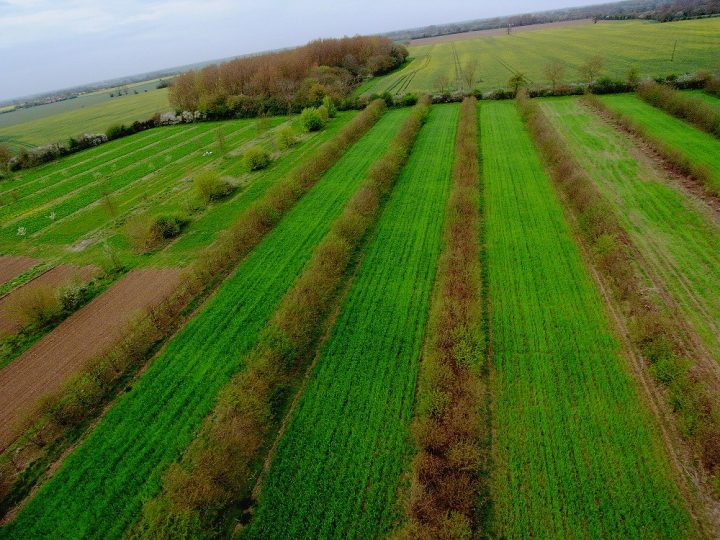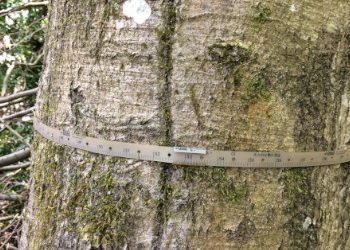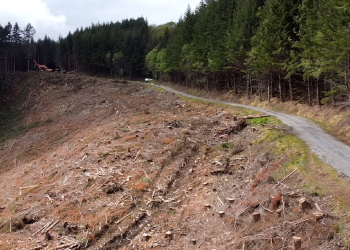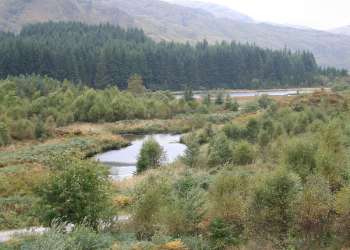
Creating woodlands are an important climate change mitigation strategy in order to help meet national greenhouse gas (GHG) targets.
By combining trees and agriculture on the same plot of land, agroforestry provides a potential opportunity to contribute to tree planting and GHG reductions. Could carbon schemes such as the Woodland Carbon Code offer a route to provide financial support to incentivise farmers towards agroforestry?
The research, funded by ClimateXChange Scotland and the Scottish Government, found that all forms of agroforestry have the potential to sequester carbon, although the benefits will vary depending on soil type, species, planting density and location.
Find out more about the research and read the full report: https://cdn.forestresearch.gov.uk/2022/09/cxc-the-potential-for-agroforestry-to-reduce-net-ghg-emissions-in-scotland-through-the-woodland-carbon-code-may-22-63236e210783d.pdf

Forest Lab enables UK woodland managers to become volunteer ‘stewardship scientists’ by joining science projects, collaborating with researchers and sharing data to support woodland resilience.

Explore our new case studies that demonstrate how forest adaptation measures can be applied to reduce the climate change risks faced at three different Scottish sites.

Forest Research are working closely with Forestry and Land Scotland to develop a forest restoration demonstration in Queen Elizabeth Forest Park as part of the Europe-wide, Horizon 2020 SUPERB project.

Forest Lab enables UK woodland managers to become volunteer ‘stewardship scientists’ by joining science projects, collaborating with researchers and sharing data to support woodland resilience.

Explore our new case studies that demonstrate how forest adaptation measures can be applied to reduce the climate change risks faced at three different Scottish sites.

Forest Research are working closely with Forestry and Land Scotland to develop a forest restoration demonstration in Queen Elizabeth Forest Park as part of the Europe-wide, Horizon 2020 SUPERB project.